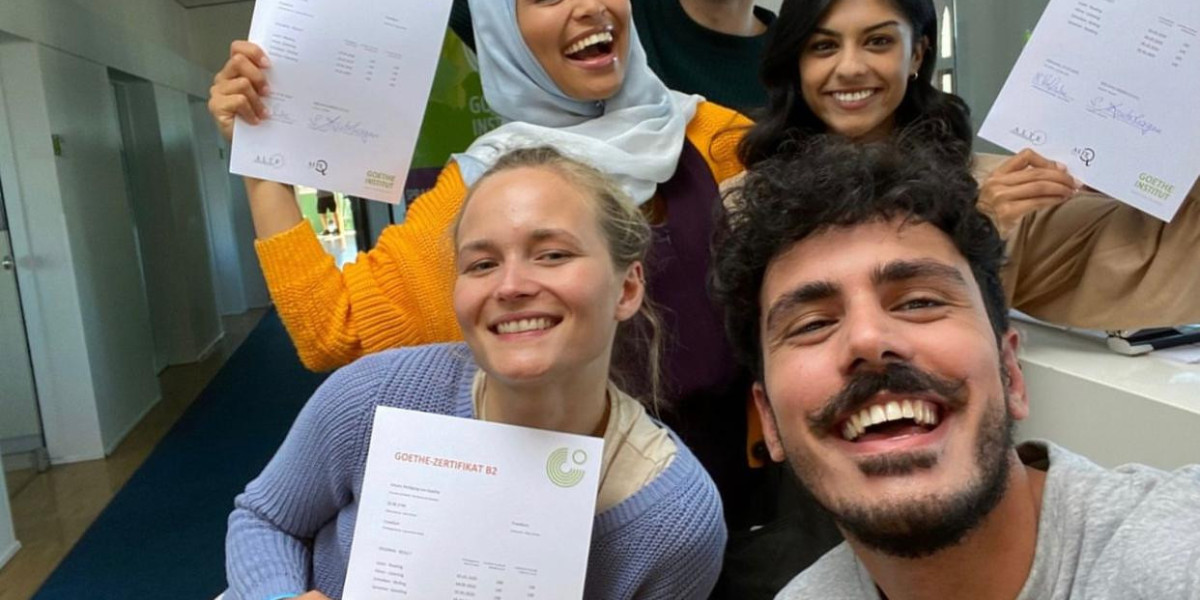Mental Health Assessments for Veterans: Understanding the Process and Importance
Mental health assessments for veterans are crucial, as they provide essential insights into the psychological wellness of individuals who have served in the militaries. The distinct experiences of military service can exceptionally impact mental health, leading to conditions such as Post-Traumatic Stress Disorder (PTSD), depression, anxiety, and drug abuse. As a result, mental health assessments tailored for veterans are crucial in helping with appropriate treatment and support.
The Importance of Mental Health Assessments for Veterans
Mental health assessments are developed to assess the mental state of an individual, identify potential mental health issues, and identify the needed interventions. For veterans, these assessments hold specific significance due to a number of crucial factors:

Identification of Issues: Veterans may handle different mental health difficulties originating from their service. Assessments help in identifying these concerns early, ensuring timely treatment.
Personalized Treatment: Each veteran's journey is distinct. A customized assessment notifies health professionals about the particular requirements and experiences of the person, causing more effective treatment strategies.
Combination into Support Services: Assessments are frequently the primary step toward incorporating veterans into support services, such as counseling, therapy, or support groups, which are vital for healing.
Support for Compensation Claims: Accurate assessments supply the needed documentation for service-related mental health concerns, making it much easier for veterans to receive the benefits they are entitled to.
The Assessment Process
The mental health assessment process for veterans usually includes numerous phases. Understanding these components is essential for veterans and their families, as it can demystify the process and help them get ready for the evaluation.
1. Preliminary Screening
The initial screening often begins with a questionnaire that veterans total. This screening aims to identify any instant issues and gauge the total mental health status. Typical screening instruments include the following:
- PTSD Checklist for DSM-5 (PCL-5)
- Patient Health Questionnaire (PHQ-9)
- Generalized Anxiety Disorder Scale (GAD-7)
2. Comprehensive Evaluation
If the initial screening shows prospective mental health concerns, a comprehensive evaluation follows. This evaluation includes a detailed assessment by a mental health specialist, which might include:
Clinical Interview: Discussing individual history, military experience, and any current mental health issues.
Psychological Testing: Standardized tests may be administered to better comprehend cognitive function and emotional wellness.
Partnership with Other Professionals: If required, assessments might involve input from other doctor to create a holistic understanding of the veteran's health.
3. Feedback and Treatment Planning
After the assessment, the mental health expert will provide feedback. This might consist of:
Diagnosis: If applicable, a diagnosis based upon the findings will be shown the veteran.
Treatment Recommendations: A personalized treatment strategy will be suggested, which may involve specific therapy, group therapy, medication, or a mix of these alternatives.
Resources and Referrals: Veterans will be given info about available resources and support services, tailored to their specific requirements.
Secret Considerations for Veterans Seeking Assessment
Veterans should understand numerous aspects when looking for mental health assessments:
Confidentiality: Assessments are personal, ensuring veterans can discuss their concerns without fear of repercussions.
Accessibility: Many companies, including the Department of Veterans Affairs (VA), offer available mental health assessments. Veterans can likewise look for assessments through neighborhood centers and numerous support companies.
Follow-Up: Continuous mental health support is critical. Veterans are motivated to maintain regular follow-ups with mental health specialists to monitor their progress.
Table: Common Mental Health Disorders in Veterans
| Mental Health Disorder | Occurrence | Typical Symptoms |
|---|---|---|
| Post-Traumatic Stress Disorder (PTSD) | 11-20% | Flashbacks, nightmares, hyper-vigilance, emotional numbing |
| Depression | 5-10% | Persistent unhappiness, loss of interest, fatigue, sensations of insignificance |
| Anxiety Disorders | 15-20% | Excessive worry, uneasyness, irritation, trouble focusing |
| Substance Use Disorders | 20% or more | Yearning substances, social or social issues connected to utilize, withdrawal signs |
Often Asked Questions (FAQs)
1. What should veterans expect during a mental health assessment?
Veterans can anticipate to engage in conversations about their experiences, sensations, and behaviors. There might be numerous questionnaires and possibly psychological testing involved.
2. The length of time does a mental health assessment take?
The period can differ extensively based on the individual's requirements. Initial screenings may take about 30 minutes, while comprehensive assessments may last an hour or more.
3. Are mental health assessments readily available to all veterans?
Yes, mental health assessments are offered to all veterans, whether they are receiving gain from the VA or not. Community-based programs and non-profit organizations often supply extra resources.
4. What takes place after the assessment?
After the assessment, mental health experts will offer feedback and outline treatment options tailored to the person's needs, which might consist of therapy, medication, or recommendations to support services.
Mental health assessments are a fundamental part of the healthcare services readily available to veterans. The distinct experiences and challenges faced by those who have served demand a thorough understanding of their mental health needs. By participating in these assessments, veterans can much better comprehend their psychological well-being and access the needed resources and support for recovery. This proactive technique not just cultivates private healing however also reinforces the more comprehensive community of veterans devoted to improving their mental health.








